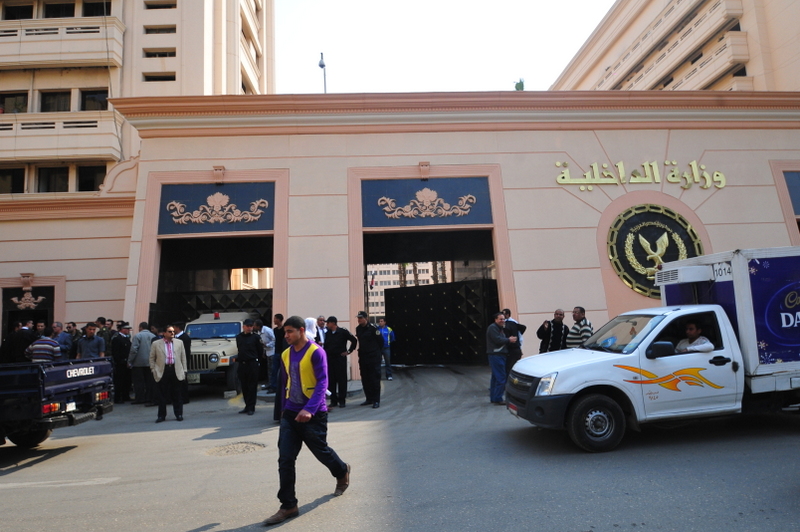DUBAI: Corporate issuers in the Gulf Arab region will continue to face tough credit conditions until 2012, particularly lenders with large debt maturities that year, ratings agency Moody’s said in a report on Monday.
Moody’s, which described the year as a "wall of maturity", estimated the amount of debt due in 2012 at $28 billion, around one fifth of about $145 billion of total outstanding debt.
The bulk of this debt is held by Dubai and Abu Dhabi-based entities, particularly investment holding firms and property developers and related companies, it said.
"Moody’s notes the apparent lack of a catalyst that could stabilize the credit environment in the region," said Martin Kohlhase, assistant VP analyst at Moody’s Middle East, Dubai. Stabilization would require "soft and hard factors" to materialize, the agency said.
These include restoring confidence and improving transparency, as well as developing the regulatory framework, macroeconomic stabilization, wider capital market access and restarting bank lending, the agency said.
Government-owned conglomerate Dubai World shocked markets last November with plans to delay repaying $26 billion in debt, but said in May it had reached a deal in principle to restructure $23.5 billion with core bank creditors.
Dubai Holding, a large Dubai firm owned by its ruler, said in June it may resort to asset sales to deal with its debt after posting a $6.2 billion loss for 2009.
Companies exposed to Dubai’s property sector took a big hit after the emirate’s real estate market crashed, on the back of the global financial crisis.
Moody’s said Gulf Arab issuers’ prospects in 2012 will depend on their ability to roll over short-term maturities, address upcoming repayments, and stabilize their operating performance.
This applies to lenders not benefiting from government support, and government-related issuers (GRIs) with low support assumptions, it said, ruling out GRIs that have concrete business plans and can execute them to stabilize or improve their operations.
Kohlhase said he saw property developers such as Aldar, DAAR and Emaar, and issuers with high exposure to the real estate market, including Dubai Holding’s commercial unit DHCOG, as "vulnerable due to overcapacities that are likely to persist for the foreseeable future".
In a separate report, Moody’s said it maintained a stable outlook on most banking systems in the Arab world, but continued to have a negative outlook on Gulf Arab countries Bahrain, Kuwait and the United Arab Emirates.
"These three banking systems have been the most affected by the liquidity drought, the sharp fall in asset prices… and the dramatic negative impact suffered by specialized institutions… as a result of a concentrated, wholesale funding strategy and massive asset impairments," it said.



